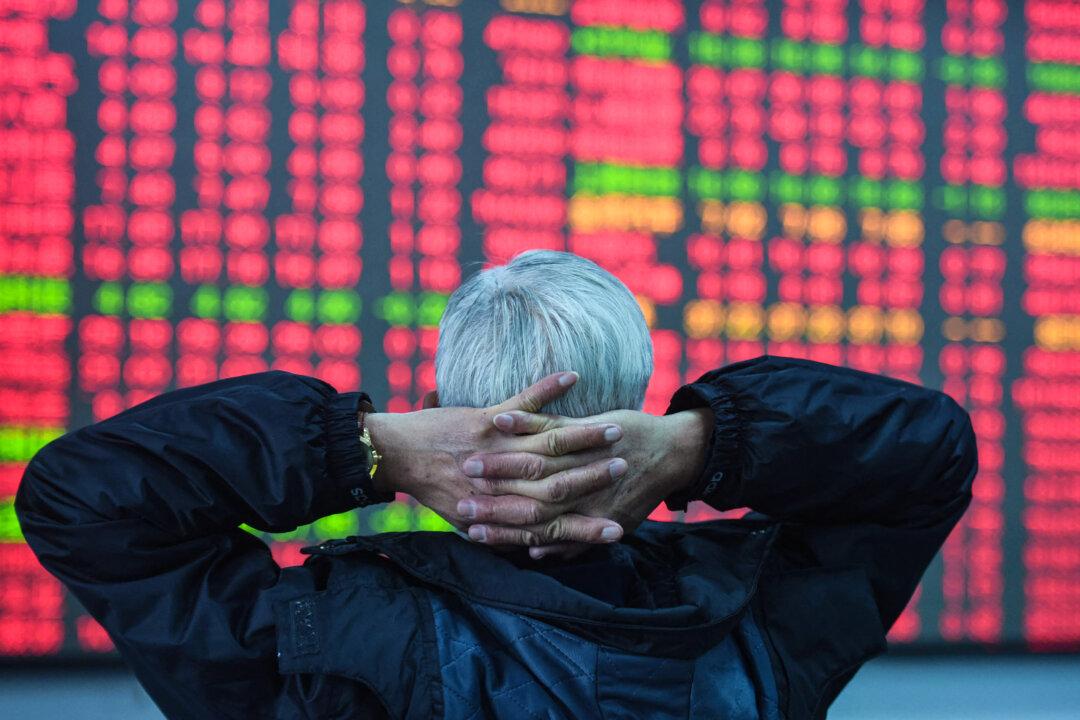China’s economic landscape has faced considerable challenges over the last year, with disappointing economic indicators further dampening investor sentiment. The CSI 300 Index, a barometer of the Chinese stock market’s health, has plummeted over 40 percent since its peak in 2021, while the Hang Seng China Enterprises Index has seen a staggering decline of more than 50 percent.
Consequently, the stock markets in Hong Kong and China have witnessed a loss of approximately $7 trillion in value. Despite the Chinese Communist Party’s (CCP) concerted efforts to stabilize the market, the persistent downturn in A-shares remains unabated, signaling potential economic turbulence ahead.






